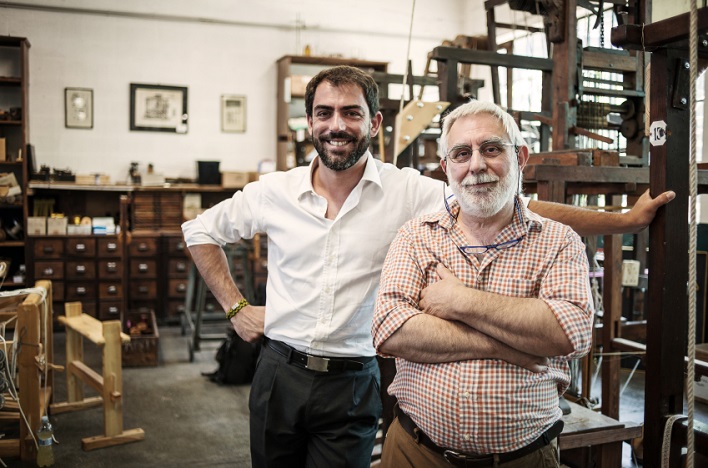As has been well publicized the success rate of effective succession from the first to second generation in family businesses is about 33%. There are many reasons for this including poor planning, inability of the older generation to let-go, changing market conditions, incompetence of the next generation and that the family may want to sell the business. Those families with more then one able business leader in the next generation who wish to transfer leadership from one generation to the next successfully –face a critical leadership challenge – that of changing the Leadership paradigm from an autocratic to a democratic model of Leadership.
I am not saying that the CEO must execute democratically or that the executive leadership must be done by a committee (although sometimes that is the most productive way). I am saying that at the Shareholder level – the critical strategic issues of the company must be decided in a democratic way. All effective boards work this way – they dialogue in depth the most critical issues facing the business and come up with a direction and set of plans to manifest their goals. Of course this is unusual in most boards of family businesses. Why? Because most family boards are not able to challenge the entrepreneur’s thinking.
Most boards in a benevolent way allow the business founder to continue his(or her) autocratic leadership style. The family business itself is usually structured around the entrepreneur’s unique talents and skills and rarely is he questioned. Its tough to argue with success! In the end, he decides – and the kids know this. The business has most likely flourished from a number of factors including, most significantly, the entrepreneur’s brilliance. But what about the case where there are four strong, bright, experienced, competent people in the next generation all of whom have worked in the business for over 20 years, have formal training (MBA) and expect a leadership voice in the company?
Recently I was confronted with this situation. The entrepreneur has always planned to turn over his shares to his children. Who will succeed him? He has masterminded the company’s growth, which has been substantial for over 40 years. Who will be the next king?
These family shareholders must learn how to act as a democratic team on the board level in making key strategic decisions. These skills are based on a commitment to democratic principles, rational debate, emotional intelligence and agreed upon rules of procedure. The problem is that few individuals, although trained politically in the concept of democracy, are trained with the skills that are needed for democratic governance.
These skills are one of the secrets of success. Those families that have more then one majority shareholder have found a way to work together as a team that utilizes the strengths of each individual for the common good. Those families that do not – find deeper and deeper levels of alienation inside the family shareholder group which leads to a political orientation and eventual leaving of the business (usually by the minority disenchanted shareholders) and often a deep fracturing of the family.
Guiding the family through this great change of leadership paradigm is what many of us in the field of family business consulting call “The Test of Greatness” in Family Business Leadership. For greatness is called upon in changing an ancient leadership orientation in family and business of authoritarianism to one of democracy.
Marc@sii-inc.net

